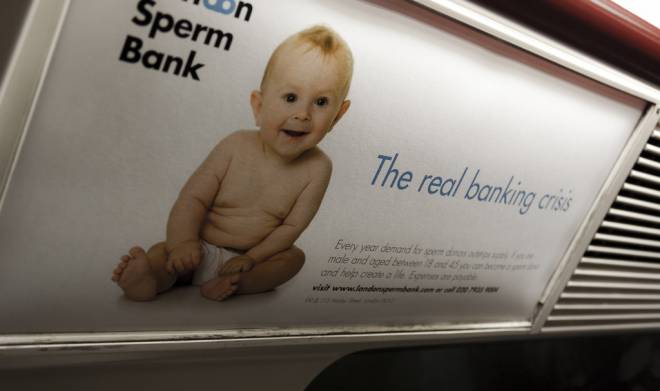Islamabad: Although infant and neonatal mortality rates have considerably decreased worldwide over the last two decades, one in every 14 Pakistani children dies before reaching the age of one, and one in 11 does not survive to its fifth birthday, states a report compiled by the office of the federal ombudsman in collaboration with the UNICEF, as Pakistan ranks low on the social development index of child and maternal health, which reflects the level of nutrition, education and access to health services.
As childhood poverty is directly linked to malnutrition, where parents fail to provide adequate healthcare and nutrition to their children, a considerable number of children and mothers have no or limited access to health and education services, reports The Express Tribune.
According to Pakistan Demographic and Health Survey 2012-13, around 45 percent of children show evidence of chronic malnutrition or stunting and 11 percent are acutely malnourished requiring urgent treatment.
Stunting slows down mental and physical growth, Dr Irshad Danish, National Programme Coordinator for Scaling Nutrition-Civil Society Alliance, told The Express Tribune.
Quoting the figure of 45 percent malnutrition in the country, he said, This means our future generation will not only be mentally and physically stunted, but will also be unskilled and lag behind the competing world. He urged the government to improve the situation of malnutrition in the country, besides enforcing implementation on the existing legislation on breastfeeding.
Pakistan is among the nine countries, which have the largest number of primary-age group out-of-school children. Estimates for out-of-school children show that there are 6.7 million out-of-school children in the country, of which 55 percent are girls.
Given their relative higher populations, there are 3.1 million and 1.9 million out-of-school children in Punjab and Sindh, respectively, followed by Balochistan at 0.56 million and Khyber-Pakhtunkhwa at 0.48 million. (ANI)

